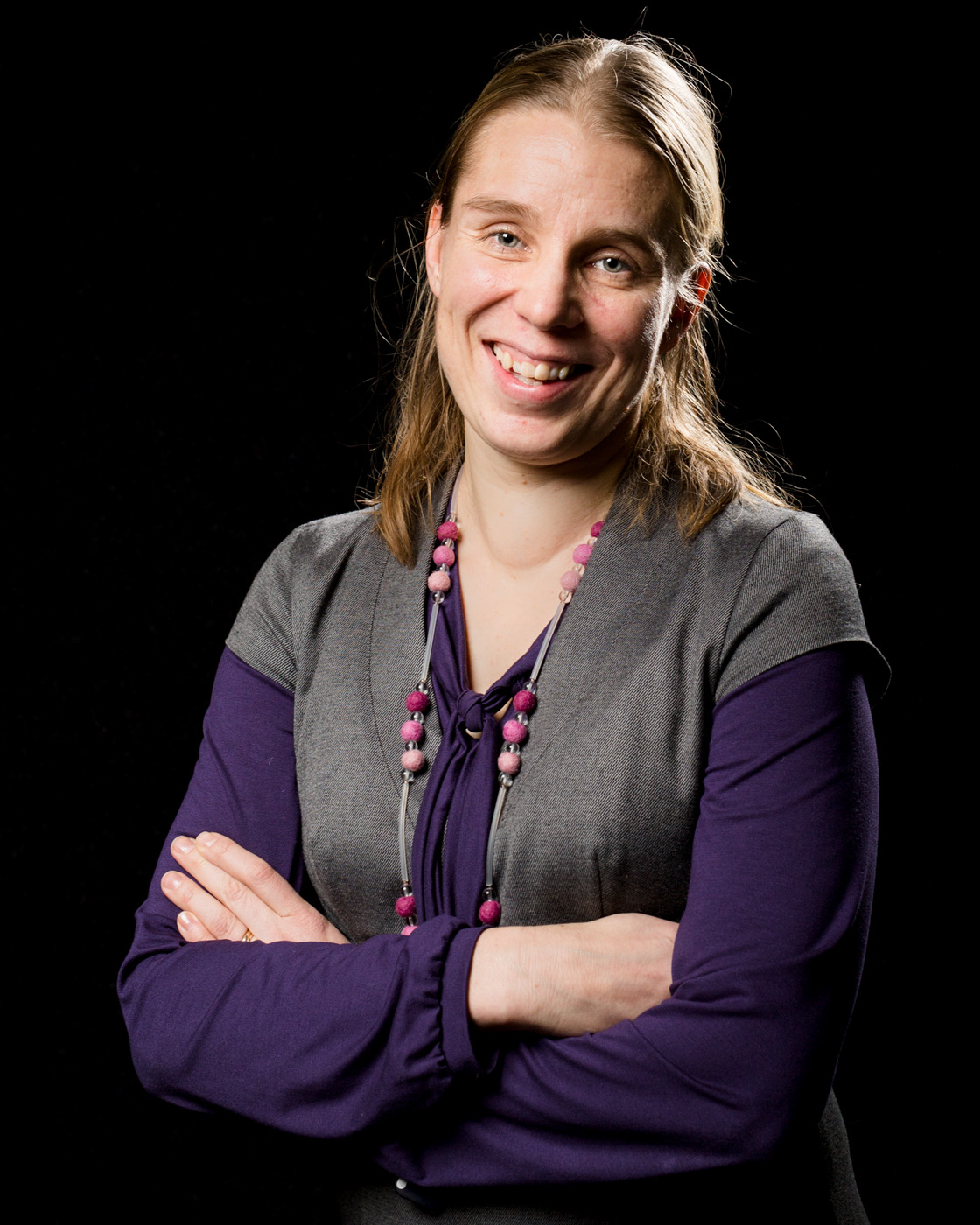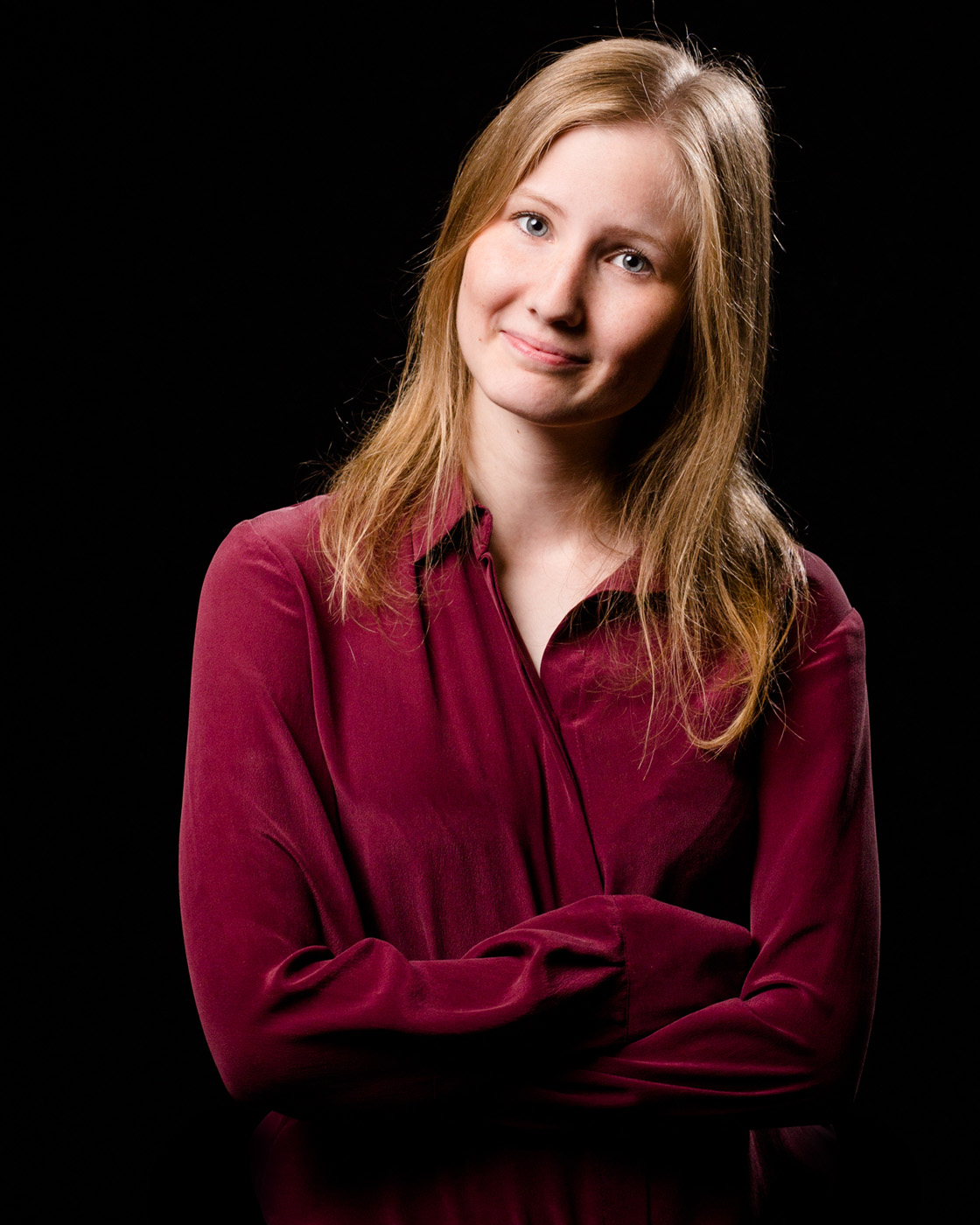Synthetic biology as a driver of the circular economy
A group of researchers and companies is developing and testing synthetic biology methods that enable the creation of totally new circular economy business.
Synthetic biology combines engineering, digitisation, robotics and biology, which makes it an efficient method for finding and modifying natural cells to function in a way that benefits the circular economy.
Synthetic biology is about reprogramming cells. The method can be used for creating new cells that provide us with chemicals or materials from waste fractions or carbon dioxide. The cells can produce raw materials for new materials, fuels or bio-based plastics. Cells function like factories; they transform raw materials into products under suitable conditions.
With the help of synthetic biology, we are able to use household and industrial waste streams, such as carbon dioxide emitted by factory chimneys, for the manufacture of renewable materials and fuels. With the help of new biotechnology methods, the use of industrial waste streams will become increasingly efficient, helping us to make a transition to the circular economy. It is possible for Finland to become a leader in this new, multidisciplinary sector.
What do we do?
The project is building a synthetic biology and circular economy network in Finland, called Synbio Powerhouse, where companies and researchers are given a chance to pilot the opportunities synthetic biology could offer in the circular economy field. The network will organise seminars, company-specific development projects, and research and product development projects.
Furthermore, an open access gene technology laboratory and business incubator will be opened in Otaniemi: Biogarage. There, students and researchers can freely test their new ideas in a multidisciplinary environment. At Biogarage, students have access to mentoring from, for example, Aalto, VTT and Neste researchers, and they can hold their own lectures and public events.
During the one-year duration of the project, several other events will also be organised. In January 2019, we will present the opportunities offered by synthetic biology in the Synbio Happy Hour through concrete examples and a panel discussion. In the Reverse-Pitch event in February, companies will challenge students to come up with solutions using synthetic biology. The spring will climax in the Biohackathon, where we will get a chance to see, for example, how artificial intelligence can be used for modifying the operation of cells.
You can find more information about the events on the website of the Synbio Powerhouse network here.
Who is participating?
The core of the network consists of VTT, Aalto University and Neste. VTT and Aalto University are responsible for the technological development related to the project: piloting of the test platform intended for the rapid development of biocatalysts that uses the methods of automated, synthetic biology.
Aalto University’s role in the project is to develop artificial intelligence that can significantly accelerate engineering of cells for corporate purposes, thus creating new business opportunities in the circular economy.
For Neste, synthetic biology offers an interesting and enabling technology that in the future could be used for creating cleaner and more efficient production processes for the manufactue of materials, chemicals and fuels.
Other parties in the wider network include Kemira, ST1, Business Finland, Natural Resources Institute Finland, Clic Innovation, the University of Turku, Tampere University of Technology, Finnish Bioindustries FIB, the Chemical Industry Federation of Finland and Fortum.


WHAT IS IT ABOUT?